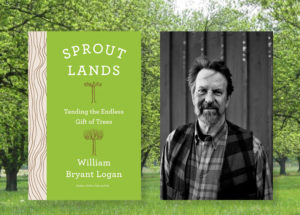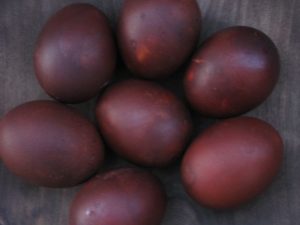One of my favorite books is Dirt, The Ecstatic Skin of the Earth, by William Bryant Logan, which I read years ago, when I was up to my eyeballs in mud, making ovens and houses and doing all kinds of mud work in schools and communities. Then I slowly found myself more and more absorbed in wood, and discovered a new title, Oak: Frame of Civilization. By that time, apparently, Logan had gone from working as Writer-in-Residence at the Church of St. John the Divine in NYC, to working as an arborist. This new book begins when the Metropolitan Museum of Art in NYC asks him to pollard some Plane trees . . .
Wood, food, Bacteria & Nana-tech
People often express concerns that eating off of wood is "unhygienic," and perhaps even dangerous. I will restrain myself from ranting about how industrialized, commercialized, and commodified culture has turned nature into an evil villain bent on poisoning humanity. Instead, I'll refer you to the pdf below, a scientific study which compares bacterial survival on wooden cutting boards to bacterial survival on plastic. Guess what? Wood won Plastic & Wooden Cutting Boards, by Dean O. Cliver, UC Davis If you look around the web, you'll find other articles extolling the virtues of . . .
The value of a wooden spoon
what is value? This is a family's "favorite wooden spoon," made by an anonymous Haitian*, and sold cheap at an import store. It became the basis for another essay on the value of a wooden spoon, and has become part of this one. The economy of wares: the value of a wooden spoon Ideally, I’d sell wooden spoons and bowls directly, person to person, and the value of a wooden spoon would be common knowledge. Buyers could handle things, see some of the process, chat, sign up for a class, build relationships — and burn less fossil fuel…. In the meantime, however, most folks start by looking for . . .


